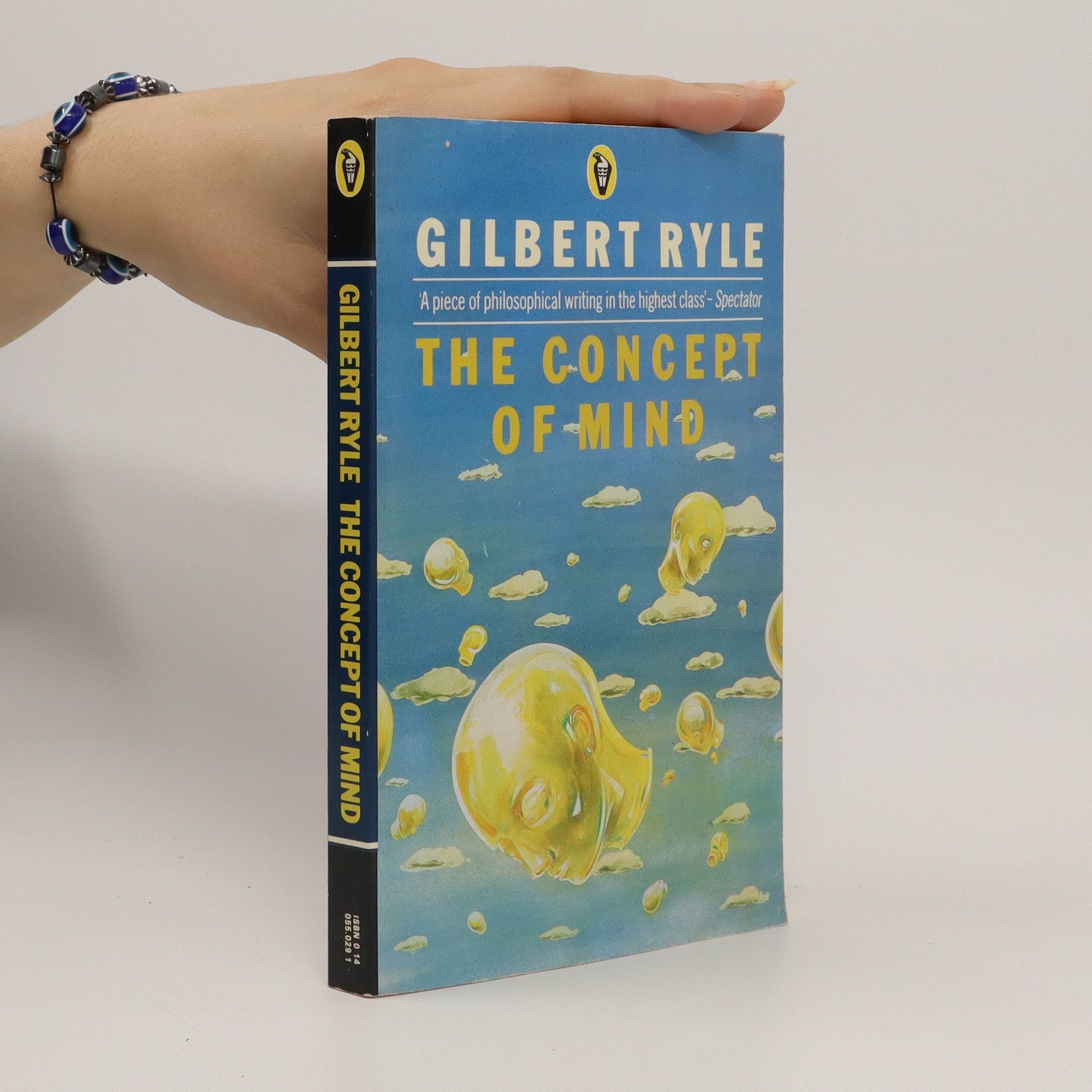Dilemmas
- 120 stránek
- 5 hodin čtení
This book shows that the conflicts that arise from everyday ways of thinking are not dilemmas as they appear to be.
Gilbert Ryle byl britský filozof, který se proslavil svou kritikou dualismu mysli a těla, pro kterou zavedl pojem „duch ve stroji“. Vycházel z Wittgensteinových myšlenek o jazyce a navrhoval, že filozofické problémy nejsou problémy o zvláštních entitách, ale spíše problémy spočívající v nesprávném používání jazyka. Ryle přirovnával práci filozofa k práci kartografa, který musí převést praktické znalosti vesničana do univerzálních kartografických termínů. Filozofové tedy zkoumají „vlákna implikací“ jednotlivých slov a frází ve výroku, aby odhalili jejich skutečný význam a vztahy.



This book shows that the conflicts that arise from everyday ways of thinking are not dilemmas as they appear to be.
This now-classic work challenges what Ryle calls philosophy's "official theory," the Cartesians "myth" of the separation of mind and matter. Ryle's linguistic analysis remaps the conceptual geography of mind, not so much solving traditional philosophical problems as dissolving them into the mere consequences of misguided language. His plain language and esstentially simple purpose place him in the traditioin of Locke, Berkeley, Mill, and Russell.